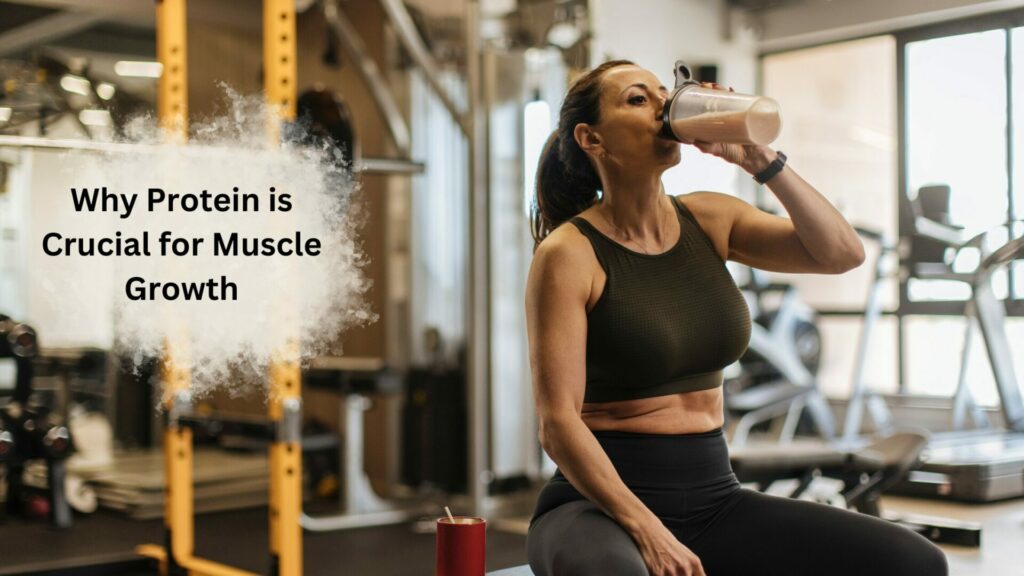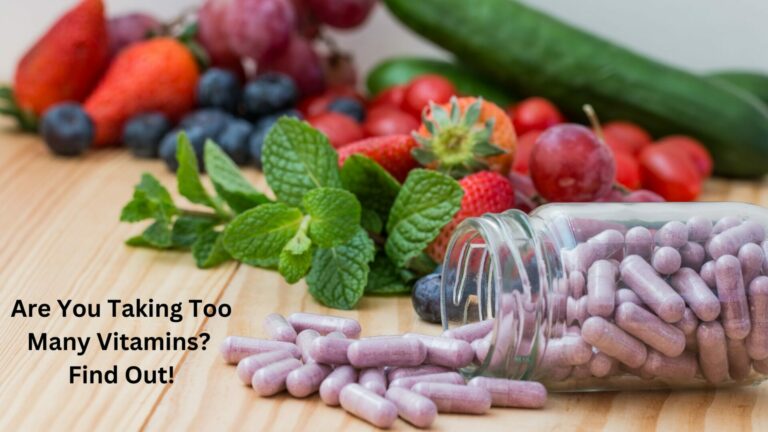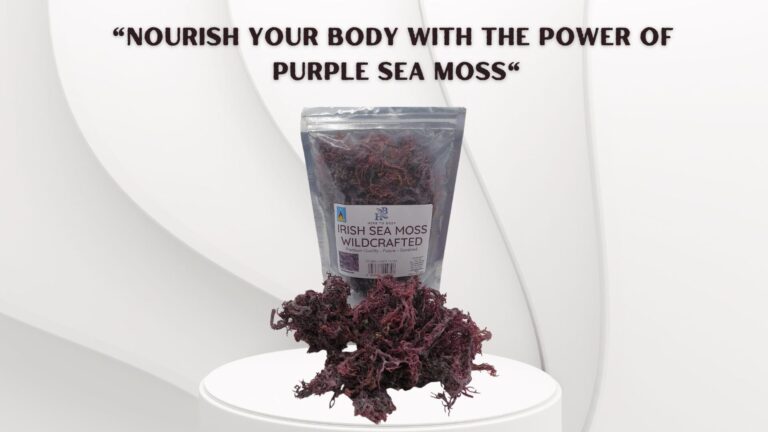
Why Protein is Crucial for Muscle Growth
Your body relies on a consistent intake of protein to perform critical functions essential for health and muscle development. Proteins are involved in nearly every cellular process, including hormone production, immune function, and, most importantly, muscle repair and growth. Proteins account for about 80% of muscle mass, making it clear that a protein-rich diet is essential for anyone looking to build muscle.
The Role of Amino Acids
When you consume protein, your body breaks it down into amino acids, which are the building blocks necessary for various bodily functions. Among these, branched-chain amino acids (BCAAs) such as leucine, isoleucine, and valine play a pivotal role in muscle maintenance and growth. A consistent supply of these amino acids is critical to maintaining muscle mass and preventing muscle breakdown, especially for individuals engaged in physical activity.
Positive Net Protein Balance: The Key to Muscle Growth
Muscle hypertrophy, or the enlargement of muscle mass, can only occur when there’s a positive net protein balance. This means that the rate of muscle synthesis exceeds the rate of muscle breakdown. Conversely, a negative protein balance leads to muscle atrophy, where muscle tissue deteriorates due to insufficient protein intake.
How Much Protein Do You Need to Build Muscle?
Recommended Dietary Allowance (RDA)
The Recommended Dietary Allowance (RDA) for protein is set at 0.8 grams per kilogram of body weight. However, this is often insufficient for those engaged in regular physical activity. Active individuals should aim for a protein intake of 1.2 to 2.0 grams per kilogram. For those actively trying to build muscle, the requirement can exceed 2.2 grams per kilogram.
Example Calculation
If you weigh 70 kg (about 154 lbs), your daily protein needs could range from 84 grams to over 154 grams, depending on your activity level and muscle-building goals. This variation is crucial for tailoring your diet to match your physical needs.
Best Sources of Protein
Animal Proteins
Animal-based proteins are considered “complete” because they contain all nine essential amino acids. Some excellent sources include:
- Chicken Breast: 31 g per small skinless chicken breast
- Eggs: 6.28 g per large egg
- Cottage Cheese: 23.5 g per cup
- Fish (like Salmon): 22 g per 3-ounce serving
- Greek Yogurt: 19.9 g per 7-ounce serving
Plant-Based Proteins
While plant-based proteins are often “incomplete,” a varied diet can still provide all essential amino acids. Notable sources include:
- Tofu: 8.67 g per three-ounce serving
- Lentils: 17.9 g per cup
- Quinoa: 8 g per cup
- Chickpeas: 14.5 g per cup
- Pea Protein: 24 g per ounce
It’s important to note that consuming a combination of different plant-based proteins can help achieve a complete amino acid profile.
Tips for Increasing Protein Intake
- Add Protein to Every Meal: Include a source of protein in every meal and snack to boost your overall intake. This could be as simple as adding Greek yogurt to your breakfast or having a protein shake after your workout.
- Timing Matters: Some experts recommend consuming protein-rich meals spaced at least three hours apart to maximize muscle growth. This approach helps maintain a steady supply of amino acids to your muscles.
- Post-Workout Protein: Consuming about 20 grams of high-quality protein after resistance training can significantly enhance muscle gains. Protein shakes, eggs, or a chicken breast can serve as excellent post-workout meals.
For more detailed insights on dietary protein’s role in muscle mass, check out this Dietary Protein and Muscle Mass: Translating Science to Application and Health Benefit resource.
- Use Supplements Wisely: If you’re struggling to meet your protein needs through food alone, consider using protein supplements. Whey protein and plant-based protein powders can help fill the gaps, especially for post-workout recovery.
- Monitor Your Progress: Keep track of your protein intake and adjust as necessary. Using apps or food diaries can be a great way to ensure you’re meeting your daily goals.
Can You Have Too Much Protein?
Contrary to previous beliefs, high-protein diets are generally safe for most individuals, particularly those who are physically active. While the risks associated with consuming excessive amounts of specific protein types, like red meat, exist, high-protein diets can benefit body composition and overall health.
Understanding Your Limits
While well-rounded high-protein diets are safe for most healthy people, it’s essential to consider your individual health status. For instance, those with kidney issues may need to be more cautious with protein intake. Consulting with a healthcare provider or registered dietitian can help tailor a diet that suits your specific needs.
Other Factors for Building Muscle
While protein intake is crucial, it must be paired with strength training for optimal results. Resistance exercises not only stimulate muscle protein synthesis but also increase overall muscle turnover. A combination of consistent resistance training and higher protein intake is essential for maximizing muscle growth.
The Importance of Resistance Training
Studies show that resistance training increases muscle protein turnover and stimulates muscle protein synthesis. However, to prevent muscle breakdown and promote muscle protein synthesis after strength training, you must maintain a positive net protein balance by providing your body with protein-rich foods.
A Quick Look at Resistance Training
- Types of Exercises: Focus on compound movements like squats, deadlifts, and bench presses that engage multiple muscle groups.
- Frequency: Aim for at least 2-3 sessions per week, gradually increasing intensity and volume as you become stronger.
- Recovery: Allow adequate rest and recovery between workouts to enable muscle repair and growth.
A 2023 study involving 40 healthy older ex-military males found that those who participated in three weekly strength training sessions paired with a 1.6 g/kg per day high-protein diet gained significantly more muscle mass and strength compared to those who consumed only 0.8 g/kg of protein.
Summary
If you’re serious about building muscle, increasing your protein intake is key. Consuming more protein than the RDA, particularly when combined with resistance training, is effective for promoting muscle gains.
Tailoring Your Protein Intake
Everyone’s protein needs are unique, so it’s vital to tailor your diet based on your specific health goals and activity levels. For further reading on how protein can aid in your weight loss journey, explore our internal link on Weight Loss With High Protein Foods – Know It All?.
By understanding the role of protein in muscle growth and adjusting your diet accordingly, you can unlock your body’s potential for muscle development and overall health.






